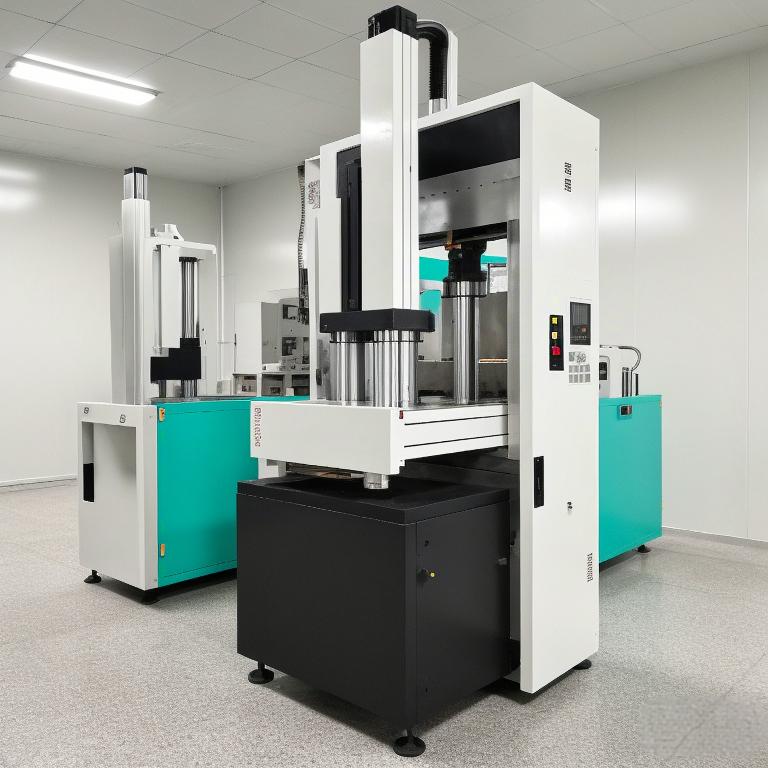Содержание
Silicone Rubber in Healthcare
Silicone rubber biocompatibility and non-toxic properties make it a prime material in the healthcare industry. It is used in the manufacturing of medical devices such as catheters, prosthetics, and various implants. Its ability to withstand sterilization processes without degradation further enhances its utility in this critical sector.
![]()
![]()
Automotive Industry and Silicone Rubber
The automotive industry relies heavily on silicone rubber for its heat resistance and electrical insulation properties. It is used in seals, gaskets, and hoses, ensuring the longevity and safety of vehicles. Silicone rubber’s resilience against weathering and aging makes it an ideal choice for external components as well.
![]()
![]()
Silicone Rubber in Food and Beverage
Due to its non-reactive nature in food products, silicone rubber is widely used in the food and beverage industry. It is found in kitchen utensils, bakeware, and seals for food processing equipment. The material’s resistance to high temperatures and its ability to maintain flexibility in cold conditions make it a preferred choice for this sector.
![]()
![]()
Silicone Rubber in Baby Products
Silicone rubber has become a preferred material in the manufacturing of baby products due to its unique properties that align with the high standards of safety, durability, and non-toxicity required for infant care. Products such as baby bottle nipples, pacifiers, and teething toys are commonly made from liquid silicone rubber (LSR), which is known for its softness, safety, and resistance to sterilization. The material’s hypoallergenic nature ensures that it will not cause skin irritation, making it ideal for prolonged contact with delicate infant skin.
The Role of Silicone Rubber in Electronics
Silicone Rubber in Electronics and Technology
Silicone rubber’s electrical insulation properties make it a staple in the electronics industry. It is used in the production of cable insulation, connectors, and various components that require protection from electrical hazards. Its resistance to UV radiation and ozone also makes it suitable for outdoor electronic devices.
Silicone Rubber in Construction
In the construction industry, silicone rubber is used for its weather-resistant and waterproofing capabilities. It is widely used to seal windows, doors, and joints, providing support for a durable protective barrier. Its flexibility ensures that it can accommodate movement and expansion without cracking.
The Future of Silicone Rubber
Innovations and Emerging Applications
As technology advances, so does the use of silicone rubber. Emerging applications include its use in renewable energy technologies, such as in the production of solar panels and wind turbines, where its durability and resistance to environmental stress are paramount. The material’s adaptability will ensure it continues to play a key role in the development of new technologies and industries.
Custom Silicone Rubber: Tailored Solutions
Настройка Capabilities of Silicone Factory
Our silicone factory prides itself on its ability to produce custom silicone rubber products that meet the specific needs of our wholesale clients. With a focus on innovation and quality, we offer a range of services from material selection to product design, ensuring that each product is tailored to the exact specifications of our clients. This customization capability sets us apart in the market, providing unique solutions for various applications.


Conclusion
Silicone rubber’s versatility and adaptability have solidified its position as a crucial material in various industries. Our silicone factory, with its focus on custom silicone rubber solutions, is at the forefront of providing innovative products to the wholesale market. As we continue to explore new applications and push the boundaries of material science, the impact of silicone rubber on our daily lives will only grow.
This article has explored the myriad ways in which silicone rubber enhances our lives, from healthcare to construction, and everything in between. As a silicone factory specializing in custom solutions for wholesale clients, we are committed to delivering the highest quality products that meet the diverse needs of our customers.


